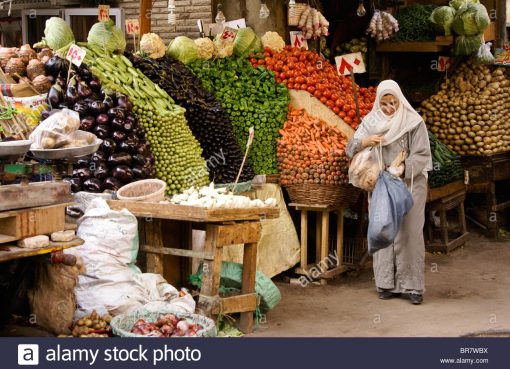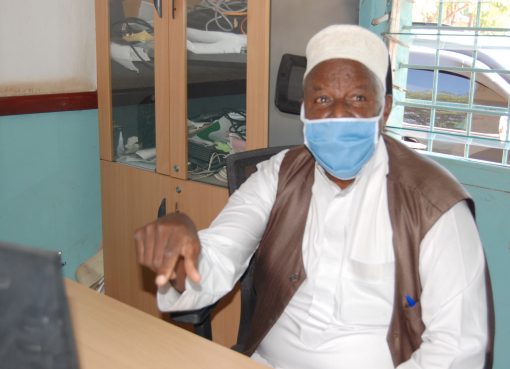More than 2,240 farmers from Taita Taveta County’s arid and semi-arid areas this week received compensation through a climate risk fund for crop failure related to failed rains, drought, and climate change.
The climate risk fund is implemented by PULA, a Kenyan insurance startup and a global agricultural insurance and technology company with a presence in 13 African countries.
According to its co-founder, president, and CEO, Rose Goslinga, PULA through its Lemonade program is aiming to cushion more small-scale farmers from the harsh effects of climate change.
Presenting a Sh17 million cheque to Taita Taveta Governor Mr. Andrew Mwadime, Goslinga thanked area farmers for being resilient to erratic rainfall and unpredictable weather. “Today marks a bright day for the farmers who stepped up and insured their farming activities against climate change and its adverse effects.
They are receiving compensation and have something to smile about in the midst of one of the worst droughts in Kenya,” said Goslinga. Mwadime termed the initiative as a stitch in time that is saving thousands of farmers from the far-reaching negative impact of climate change by providing timely financial relief at a time when drought is ravaging livelihoods and threatening global food security.
The governor further urged more smallholder farmers to take up insurance cover against losses from failed rains, pests, floods, and a range of other natural weather-related disasters and steady their economic outputs and income.
“I call upon more small farmers at the village level to take up the available insurance plans for their agricultural activities and have cover against failed crops and livestock death from drought, pests, floods, and any other natural calamities,” said Mwadime.
The governor promised to support the farmers and urged both World Vision and World Food Programme (WFP) to develop products and craft initiatives that protect the small-scale farmers from climate change through locally-bred solutions.
Responding to the challenge, Linet Ndinga from WFP, said they are actively rolling out and funding local initiatives aimed at improving and sustaining communities’ food security.
A beneficiary and a crop farmer, Matilda Bandi, lauded the program as a solution to the anguish that farmers in arid and semi-arid areas face when crops fail due to drought and urged for expansion of the initiative to cover more farmers.
“I have received money that will go to food, water, and other needs of my family. This is a good program and it should be expanded to reach more farmers,” said Bandi.
Bandi and most of her counterparts received a net amount of Sh8, 902 as compensation and said she had spent Sh6,000 during the October-December rains.
Climate Risk Fund Insurance is not a strange idea in Kenya as the national government has in the past invested in the idea to cushion livestock keepers in the arid and semi-arid lands (ASALs) from massive animal deaths due to drought.
With continued drought and no sight of reliable rains soon, the national and county governments in partnership with non-governmental organizations and global partners are looking for ways to cushion communities from a raft of climate change effects and experts have touted livestock and crop insurance as a viable long-term solution.
By Arnold Linga Masila





